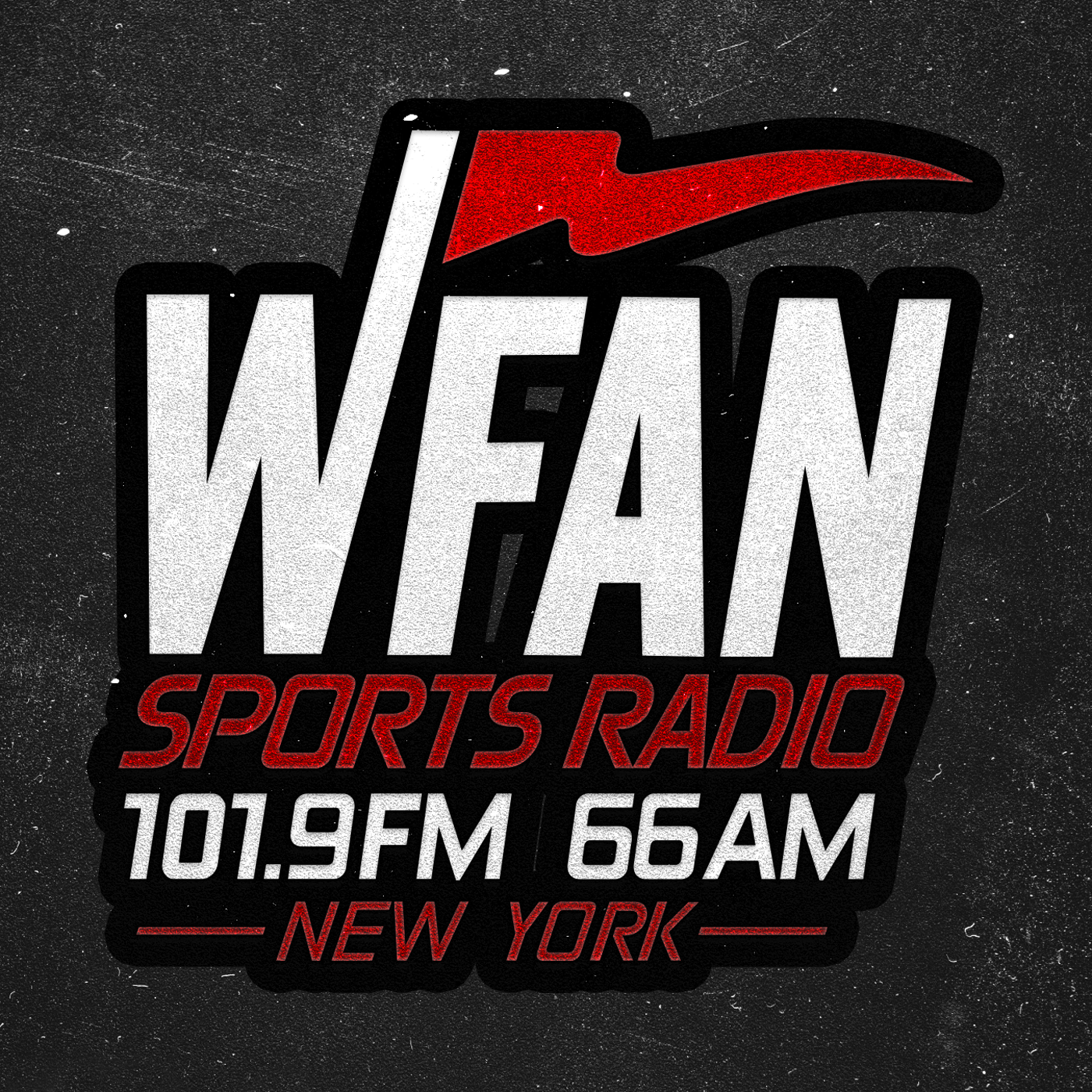The story of the NBA offseason thus far has been Kevin Durant, who reportedly wants out of Brooklyn, seeking a trade elsewhere while naming Phoenix and Miami as his preferred landing spots. Little traction has been made in the two weeks since Durant’s trade request with teams finding it difficult to meet Brooklyn’s asking price (you can thank the Timberwolves for that, inexplicably trading five players, four first-rounders and a pick swap for Rudy Gobert). Also working against Durant is an obscure rule in the collective bargaining agreement preventing teams from rostering multiple players signed to designated rookie deals (Ben Simmons, Andrew Wiggins and Bam Adebayo all fit the criteria).

It’s become increasingly likely that Durant will begin the year in Brooklyn, though it’s anyone’s guess how the next few months play out with plenty of trade (let the Donovan Mitchell sweepstakes begin!) and free-agent (Deandre Ayton) dominos still to fall. Asked about the Durant saga, commissioner Adam Silver voiced his concern, acknowledging a growing trend throughout the NBA with stars wielding their influence by facilitating trades to more desirable cities and teams (let’s not underestimate the impact of social media as it pertains to “player empowerment”).
It's a tough position to be in as a commissioner and even harder for players like Durant, who are essentially in a no-win situation, either framed as spineless “ring chasers” or summarily dismissed for never winning anything. The latter criticism would apply to Damian Lillard and Bradley Beal, homegrown talents who have so far resisted the urge to join super teams but still find themselves subject to harsh criticism, seen not as loyal teammates but as underachievers, ostracized for committing the mortal sin of complacency.
There’s a certain hypocrisy that exists in sports, and it’s not unique to basketball with players routinely drafted to small markets, suddenly indebted to organizations they never would have chosen (Bomani Jones of ESPN once said the NBA has a “real estate problem” with too many teams in cities and communities that don’t appeal to “young black men”). Is it fair to label athletes as traitors for leaving Cleveland and Sacramento the first chance they get? Not that that necessarily applies to Durant—the Nets catered to his every whim and it still wasn’t enough. That could be a uniquely Durant problem as the 33-year-old has lived, for the most part, a miserable NBA existence, never satisfied with his surroundings while developing a reputation as a brooding malcontent.
There’s no easy fix—you could argue the NBA has already done all it can to keep stars from hitting free agency, making it cost-prohibitive for max players like Zion Williamson and Ja Morant to not sign a second deal with the teams they were drafted by. Maybe Durant, seeing no clear path to Miami or Phoenix, relents on his trade demand, returning to Brooklyn with his tail between legs after another failed coup. But don’t expect that to stop disgruntled stars from making a mess of things, using whatever means necessary to improve their circumstances.
LISTEN on the Audacy App
Sign Up and Follow Audacy Sports
Facebook | Twitter | Instagram